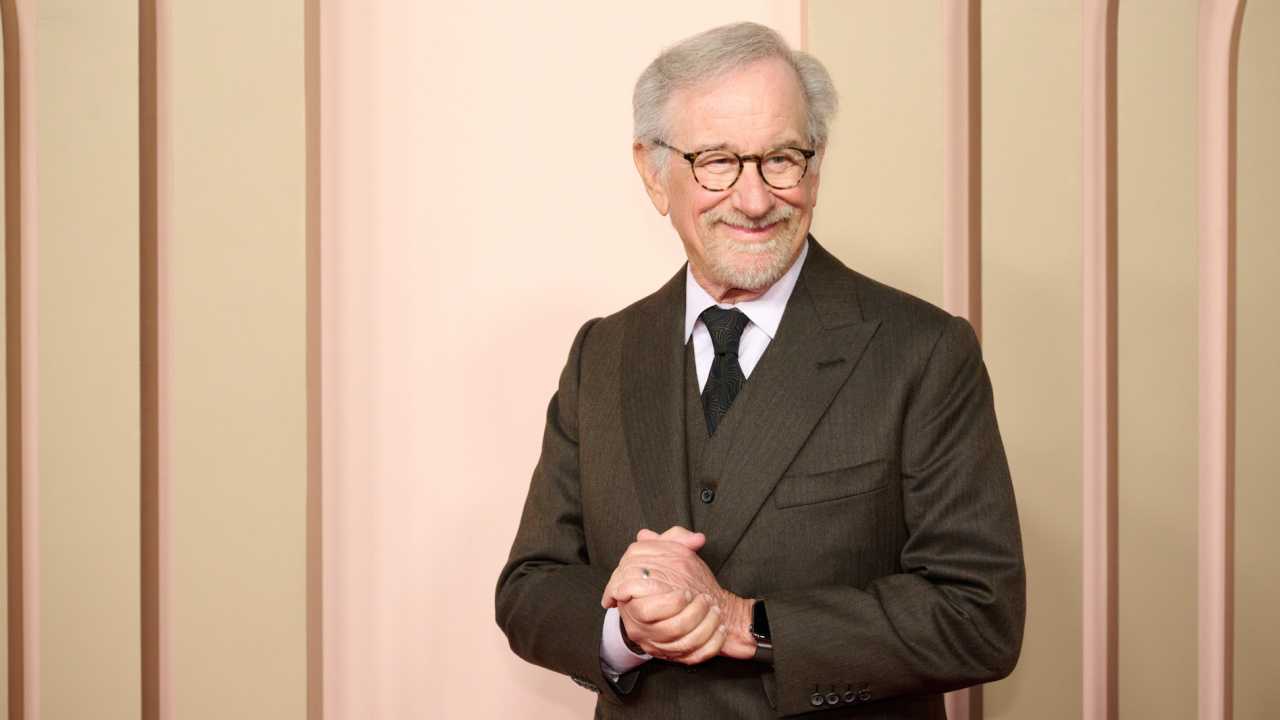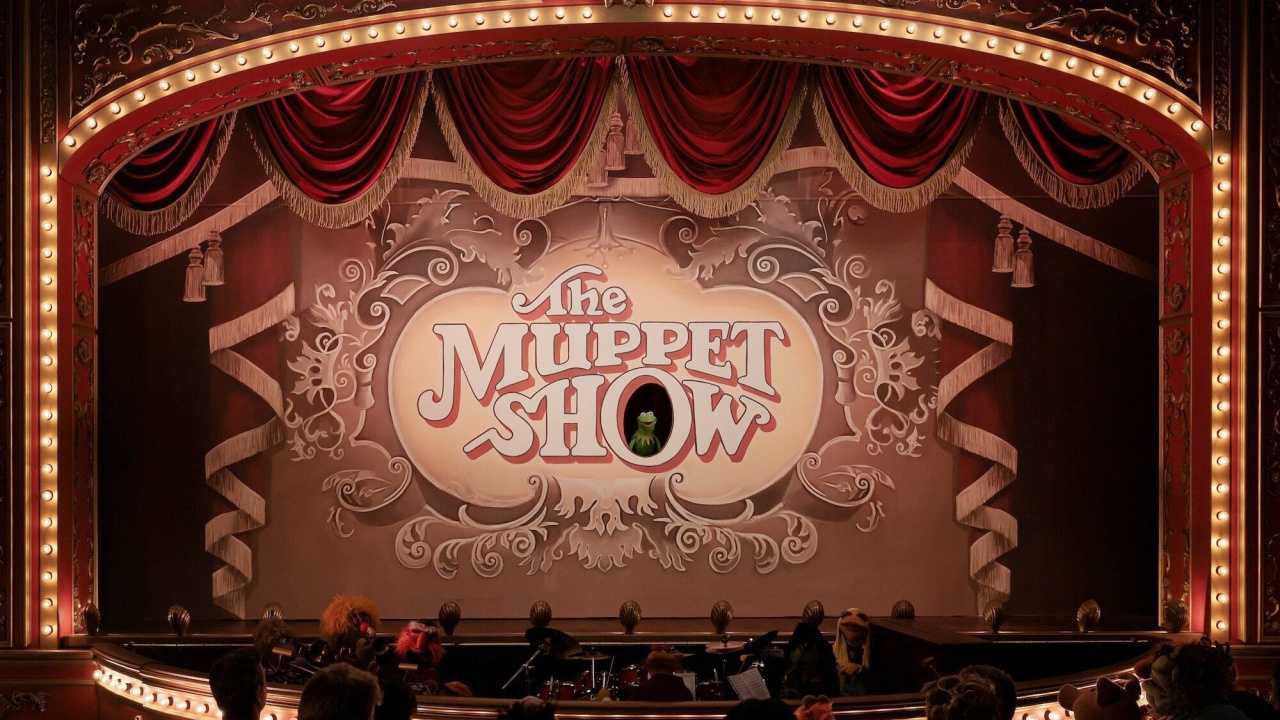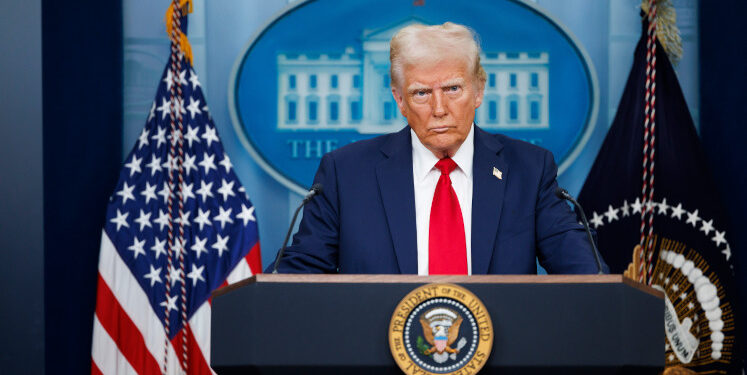Is the United States still a democracy? In an interview with EUROPP’s editor Stuart Brown, Brian Klaas discusses Donald Trump’s impact on American and global democracy.
Is the United States still a democracy?
I would say the United States is now a “competitive authoritarian” system. This is political science jargon for countries that have the trappings of democracy, but without a level playing field.
In other words, there is genuine competition in the United States between political parties and democratic institutions persist, but the state is able to manipulate outcomes to its advantage, disadvantage its opponents and use state power in illegitimate or undemocratic ways with little to no recourse against it.
Political scientists continue to debate this topic, but few would classify the United States as a robust democracy. It is either a democracy in crisis that is barely clinging onto the label, or one that has tipped over the edge into competitive authoritarianism – and I believe it’s the latter.
There is a tendency in discussions about American democracy to focus on the actions of Donald Trump the individual. But are there wider structural weaknesses that will endure after Trump leaves office?
Donald Trump wouldn’t have been able to exploit the weaknesses of American democracy without the structural deficiencies that predate him. From gerrymandering and the role of money in politics to the Supreme Court’s hyper-partisan selection process and growing executive power, there are many flaws in American democracy that existed prior to Trump’s rise.
However, in his time as US President, Trump has drastically accelerated the demise of American democracy and created far worse structural deficiencies in the process. These deficiencies are likely to significantly outlast his second administration and endure long after he leaves office.
Since the end of the Cold War, the US has led western efforts to promote democratisation across the world. Is the era of American democracy promotion now over and if so, can democracy survive?
Yes, it’s over – at least until a new president takes office. And when America jumps ship and abandons democracy, it becomes much easier for other countries around the world to follow suit.
We have entered a dark new age in which underlying moral and political values play an even lower role in grand strategy than before. Dictators are celebrating.
JD Vance and other members of the Trump administration have criticised Europe for restricting free speech. How can we square this concern for democratic rights with the actions of the administration?
All I can say is this: there’s a lot of hypocrisy. But partisanship, polarisation and confirmation bias combine to form one hell of a drug.
Brian Klaas will be speaking at an LSE event on 17 November 2025: Is the US still a democracy? Authoritarian populism in the Trump era.
Note: This article gives the views of the interviewee, not the position of EUROPP – European Politics and Policy or the London School of Economics. Featured image credit: Joshua Sukoff/ Shutterstock.com










































Discussion about this post